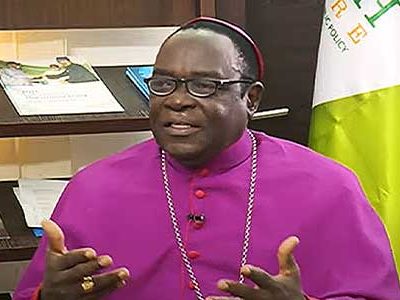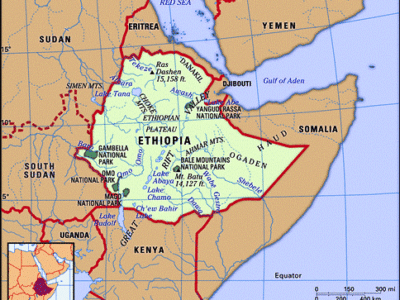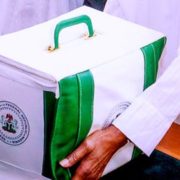By Chinedu James
Importation is receding in Nigeria as government policy to encourage local productivity and discourage unnecessary importation gains grounds. Encouragingly too, external reserves are hitting a new figure as Abuja revels in its post-recession months.
Reserves have grown to $46bn in March from $42.8bn in February, according to the Central Bank of Nigeria (CBN) in a statement by its spokesman, Mr. Isaac Okoroafor. Reserve stood at $39.3bn at the beginning of 2018 indicating a steady increase.
According to Okoroafor, the $3.2bn growth between February and March 2018 could be attributed to the apex bank’s effort towards discouraging unnecessary importation and reducing the nation’s import bill, inflow from oil and non-oil exports.
He also credited the increase to the investors and exporters’ window of the foreign exchange market which he said had attracted over 33 billion dollars since its creation in April 2017.
The Bank’s interventions in the foreign exchange window had also helped to moderate the pressure on the foreign exchange reserves by sustaining liquidity in the market and boosting production and trade.
He also said that that the reserves benefitted from the CBN’s policy of restricting access to foreign exchange from Nigeria’s foreign exchange market to importers of some 41 items.
The policy had also boosted the supply of local substitutes for imported goods, created jobs at home and enhanced the incomes of farmers and local manufacturers.
Foreign exchange reserves are reserve assets held by a central bank in foreign currencies, used to back liabilities on their own issued currency as well as to influence monetary policy. It also includes foreign banknotes, bank deposits, bonds, treasury bills and other government securities.
Almost all countries in the world, regardless of the size of their economy, hold significant foreign exchange reserves. More than half of all foreign exchange reserves in the world are held in U.S. dollars, the most traded global currency.



















